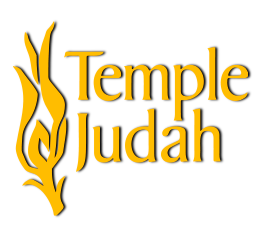Shalom All,
This month, we begin reading from the final book of Torah, Deuteronomy, with the verse, “These are the words that Moses spoke to all of Israel beyond the Jordan …” (Deuteronomy 1:1).
This verse begins one of the longest monologues in the Torah filled with hidden meaning and a stern rebuke by Moses. This portion begins the final words that Moses tells the nation after years of carefully guiding them, and it is these words that are intended to carry them through the long years ahead as they enter and inhabit the Promised Land.
A midrash on this section, though, tells us two interesting points based on this first verse that are seemingly unrelated to the strong rebuke that follows. The midrash begins with a verse from Proverbs, which states “the tongue (language) is healed by the Tree of Life (Torah).” The midrash elaborates on this concept by suggesting that the phrase “These are the words,” means that Moses not only retells the story of our people in this Book of Torah, but that he also makes the entirety of Torah understandable to the Jewish people of all generations by translating the Torah into all the various languages the people spoke. Our sages teach that the people in the desert may have spoken as many as seventy different languages.
A second item the midrash tells us is that from this verse and the verses that follow, we see the tremendous power of the Torah, because until this point Moses had great difficulty speaking (remember, when God first called to Moses, he was “of slow speech” according to the Torah). Now, however, the midrash tells us that once the Torah was given, Moses was able to speak quite fluently. Although Moses was known to speak before this portion it was his brother Aaron that did most of the actual communicating with the people. Now, Moses speaks with his own power because of the gift of Torah.
But the midrash doesn’t stop with just Moses. “The tongue is healed by the Tree of Life,” suggests something far deeper, according to the midrash. The Torah whose words are designed to bring holiness and God’s presence into the world, elevates each language into which it is translated. Finding the best, most meaningful words in any language.
Words matter. Holy words, kind words, even words of rebuke (which can be found throughout much of Deuteronomy) can elevate, inspire, and sanctify when they are spoken with reverence. Like Moses, may we learn to not only appreciate the ease with which we speak, but also the words we chose to say.
Rabbi Todd

